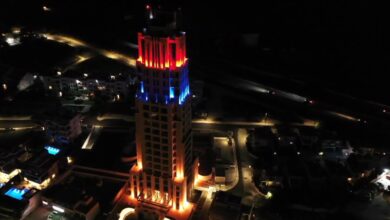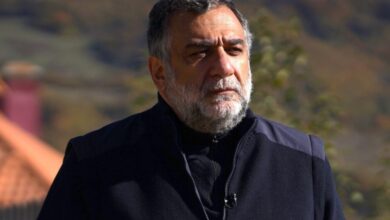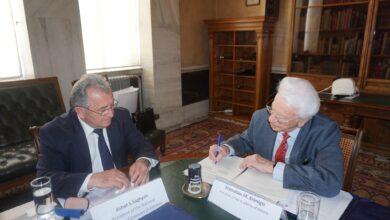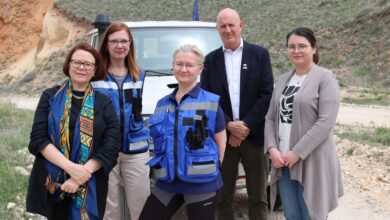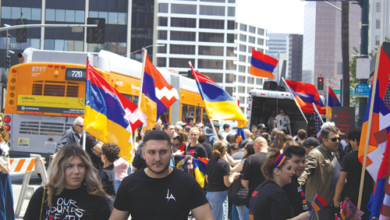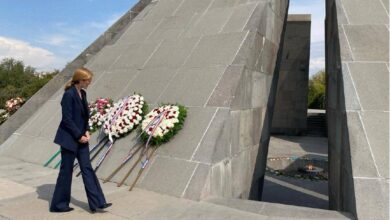Armenian church to form its first Utah parish
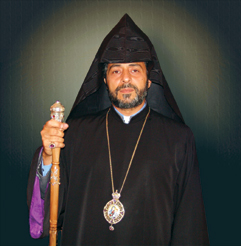
Armenia adopted Christianity as its national religion in A.D. 301, but it has taken another 17 centuries for that national church to come to the Beehive State.
This weekend, Archbishop Hovnan Derderian, head of the Western Diocese of the Armenian Apostolic Church of North America, will be in Utah to celebrate the Divine Liturgy with the community, to help launch its first parish here and to announce the appointment of a permanent priest for the parish, the Salt Lakke Tribune reports.
“Once a church has a shepherd, it can become a family,” Derderian said in a phone interview from his office in Southern California. “It can become a place where their identity is well-maintained and where they can become connected to their cultural roots and Christian faith.”
By tradition, St. Gregory, the country’s first Christian evangelist, “saw Christ in a vision, who indicated to him where to build his church, the first Armenian Church,” according to the church’s website.
But the country was surrounded by Muslim nations, which often attacked it and persecuted its believers, the history says. Armenians were massacred in the Ottoman Empire, the site adds, and also suffered under the Russians starting in 1893 and later in the Soviet Union until the 1980s.
The Armenian Apostolic Church came to American shores with immigrants in 1898. About 2 ½ decades later, it was split into Eastern and Western branches, the latter encompassing everything west of the Mississippi. Utah will become the newest parish in the Western Diocese’s 50 established churches.
In 1996, Armenians in the state tried to create a parish, but “it fizzled out,” says Miriam McFadden, who has been named the treasurer of Utah’s newly created parish board. “Some people moved and others had health problems.”
Now there are more than 2,000 Armenians living in Utah, and Derderian is eager to establish the church here. The archbishop has visited the community three times since an organizing meeting took place here last March, attracting about 80 people.
Before this, Armenian Christians would have to pay to fly in a priest for baptisms, weddings and funerals for family members so the community would “piggyback” onto those services, McFadden says. Now, with Derderian’s appointment of a permanent priest, the community can begin to thrive.
“To us, the church is more about our identity than the religion,” she says. “It has a lot of pomp and ceremony, absolutely beautiful music [chanting of the Psalms] and lovely rituals. There’s a familiarity to it for us.”


